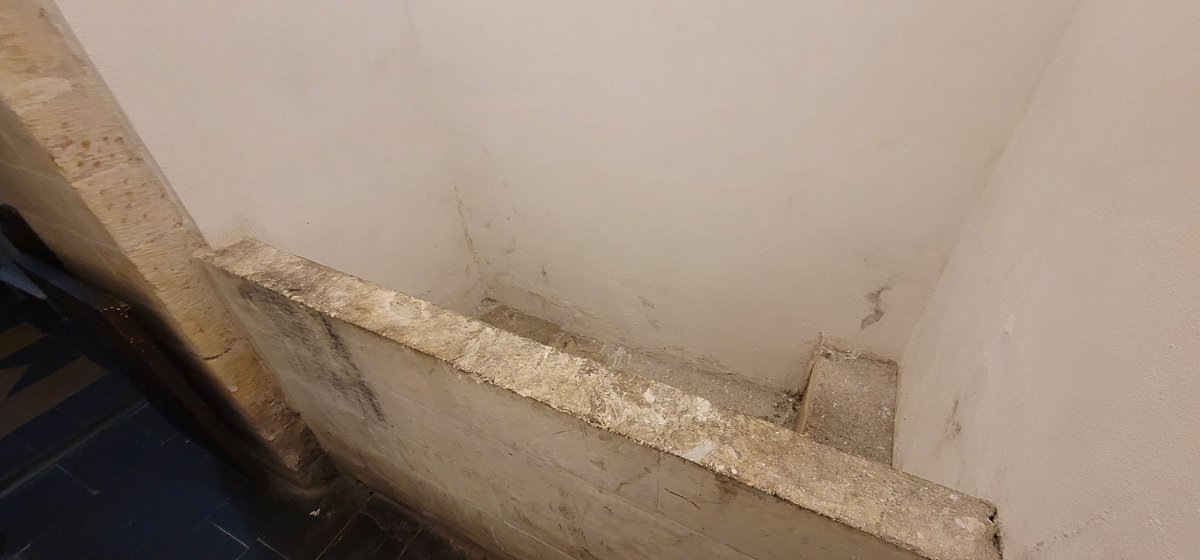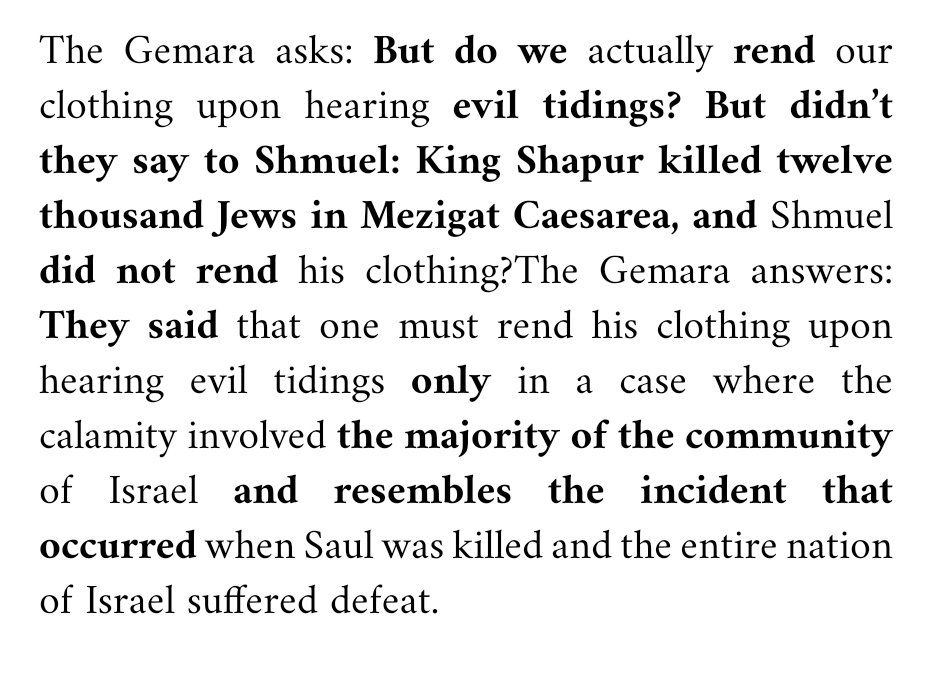Day 10 of #TurkeyJewishRoadtrip:
Gelibolu and Thrace
Driving through the Gallipoli Peninsula - I am thinking about the words that allegedly Atatürk said in 1934:
Gelibolu and Thrace
Driving through the Gallipoli Peninsula - I am thinking about the words that allegedly Atatürk said in 1934:

"Those heroes that shed their blood and lost their lives ... You are now lying in the soil of a friendly country. Therefore rest in peace. There is no difference between the Johnnies and the Mehmets to us where they lie side by side here in this country of ours ..."
Although some dispute the authenticity of this quote - never the less, after driving through the trenches, the cemeteries, seeing memorials for all those who fiercely fought here on both sides - one must only concur with the underlying message... 



The famous traveler Benjamin of Tudela records a community of 200 people in Gallipoli in the year 1200... The earliest head stone we found was about 360 years old... But we couldn't go through them all... Hope till next visit @gelibolubel can put a fence and clear the garbage... 

Tomorrow, while on the road, we will speak about some peculiar Jewish names and other customs...
Meanwhile - you can enjoy reading the previous threads which are all gathered here:
Share and retweet 😊
Meanwhile - you can enjoy reading the previous threads which are all gathered here:
Share and retweet 😊
https://twitter.com/mchitrik/status/1419529678805782529?s=19
• • •
Missing some Tweet in this thread? You can try to
force a refresh






























